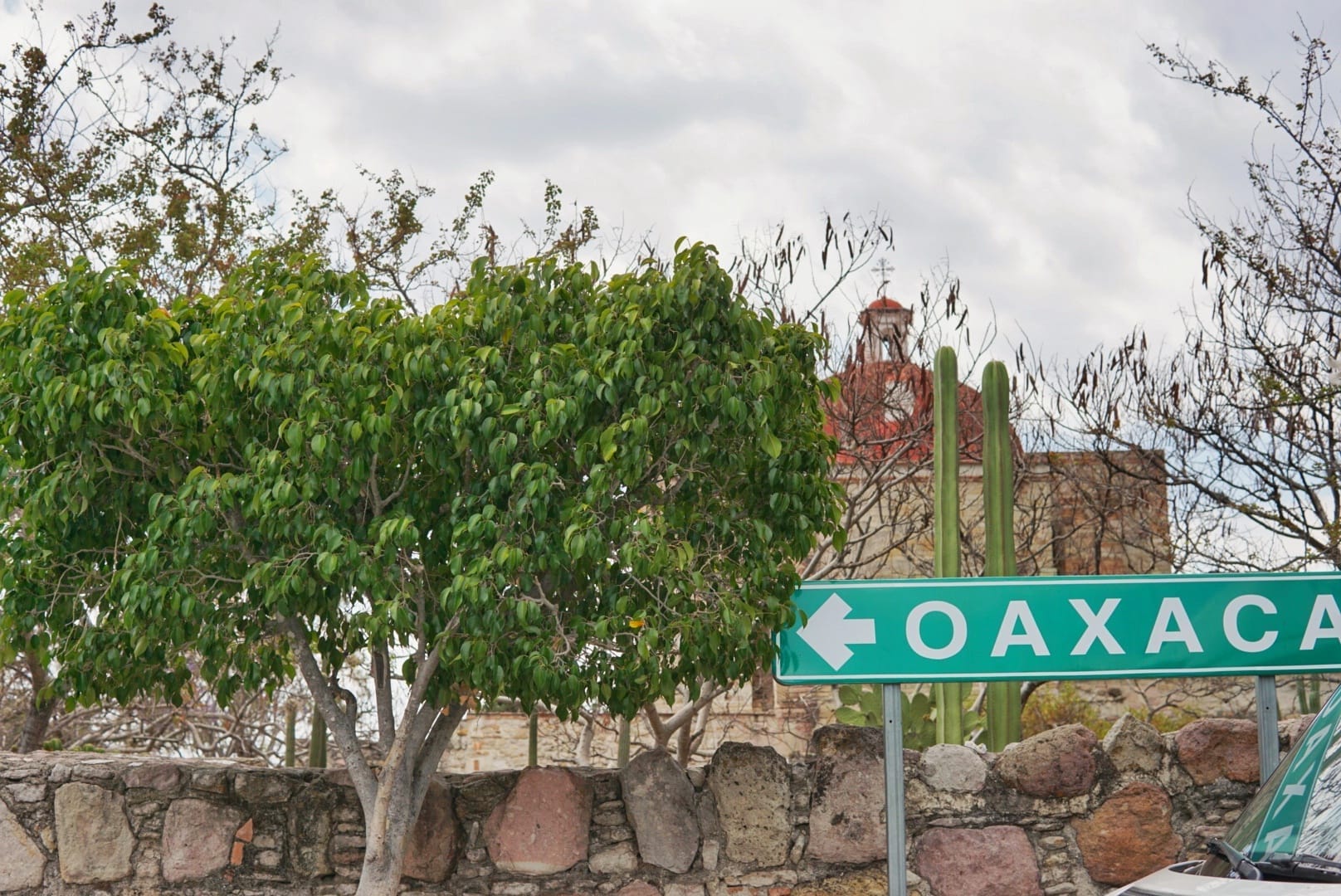Some tips to learn a language from the perspective of a linguist:
First off, I think that language is a skill, it must be acquired. Just like playing the guitar, or becoming a painter.
1. There Is No Method
Do what feels good to you, do what you enjoy-whether it’s an app, YouTube videos, flashcards, or reading a book.
And that applies to all aspects-if you want to focus on grammar, go for it, but it’s not the “right way”, it’s your way.
2. Consistency
Even if it’s 5 or ten minutes a day. Do it EVERYDAY! Make it a habit.
3. Break It Down
Put words or phrases in chunks. For example, “greetings” or “food”. This will feel less overwhelming.
4. Crack The Code
Language is like any other equation or problem, there are patterns that you can figure out to help you figure out how it works.
This will help you learn more quickly since several aspects of language are repeated.
So, once you find certain patterns, you can apply them across the board, saving the hassle of memorizing a bunch of stuff and having to translate word by word.
5. Pronunciation
Pronunciation is VERY important. Many languages have subtle differences between meanings of a word that can only be distinguished through precise pronunciation.
So, remember, the tones, accents, and softness/hardness of a sound can make a huge difference! Take Chinese for example; the meaning of mǎ (horse) is very different from mā(mother).
It happens in English too, think of Sheep versus Ship.
Besides the spelling difference, the long versus short vowel may come naturally to you, but that difference doesn’t exist in language like Spanish.
Setting up ‘minimal pairs’ helps you do this. What that means is find a pair of words with only one sound difference, like we did with ship and sheep.
6. Bidirectional Translation
Make sure you aren’t only translating in one direction. Learners often focus on translating to their native language, but it’s important to translate both ways.
It’s even better if at more advanced levels of learning, for you to translate within a language.
What that means is taking a new word, and creating a synonym or phrase that describes it, in the language you are learning.
This keeps your mind from code switching and could make you stronger in keeping your brain focused on the language being learned. THINK in the language you want to learn.
Involve emotions and people! We always learn/remember things better when we feel a certain way.
Surrounding yourself with people who can immerse you in the language and culture helps you to retain information better.
Yes, complete immersion could mean moving to a country where the language is spoken, but it’s not totally necessary!
Listen to the music, look up traditional recipes in the language and cook, watch TV shows that you might like in the language.
7. Ambiguity & Miscommunication
Remember that languages are not the same. Don’t try to conform to your native language rules. Translations are not always going to be one for one.
Take the phrase ‘tu me manques’ in French. It literally translates into ‘you are missed by me’, which sounds weird in English.
But understand that it’s a very common phenomenon in language, and get over it. Admit to yourself that mistakes will happen, and that it’s part of the process.
8. Make It Fun
Lastly, make it fun. Keep a positive attitude! And remember to avoid misconceptions like ‘you can’t learn a new language as an adult.’
It may be more difficult and require more time, but it’s not impossible. Get out of your comfort zone and TALK, even if it’s only with yourself. So, get out there, and DO IT!











Leave a Reply